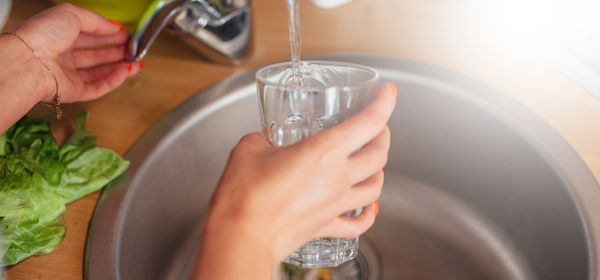Much of Australia is in drought – a perennial problem that hurts some more than others. While farmers struggle to keep livestock fed and crops growing, and some towns have strict limits on daily water usage, water – for everyone – is becoming an increasingly costly resource.
Infrastructure Australia (IA) warns that water bills could more than double by 2040 unless steps are taken to reform Australia’s urban water. Add in costly energy bills and healthcare costs, and every retiree’s dollar needs to be stretched further.
IA chief executive Philip Davies says: “Unless we act now, we will soon start to experience rising water bills, high taxes or a decline in service quality.”
Modelling commissioned by IA shows that without action, a typical residential water and sewerage bill could be higher than $2500 in today’s money by 2040.
The urban water sector has a strong track record of providing clean and safe water to more than 20 million people, the report says. But the ageing infrastructure it relies on is costly to maintain and is being put under further strain by climate change and our growing and changing cities.
According to analysis by the Australian Bureau of Meteorology, the average annual water bills for each capital city (with costs per kilolitre in brackets) are: Darwin with $1796 ($5), Brisbane $1408 ($8.90), Perth $1386 ($6.20), Adelaide $1165 ($6.80), Canberra $1136 ($6), Sydney $1085 ($5.30) and Melbourne $1003 ($6.70). Hobart was not mentioned.
Costs in Melbourne are expected to rise due to the dry winter and the biggest ever order of desalinated water.
Melburnians already pay the third highest water bills per kilolitre of any major Australian city and Melbourne Water warns the purchase of desalinated water will mean those costs will increase.
Here’s what you say about rising utility costs:
“Water is an essential product like electricity. State government need to act now. People on low incomes should not have to pay [for] water. Governments should encourage every household to install water tanks. Encourage water efficiency.”
“Why is it that when our utilities are privatised the costs go up dramatically? To protect people on fixed incomes, they should only rise with inflation.”
“I just got my water bill – there is a huge portion that won’t go away even if I switch it off at the mains. Electricity is the same. Australia used to look after the low socio-economic people in society – until we sold it and put GST on top.”
“Of course, the system is ageing and falling apart, but whose fault is it? The Government is to blame.”
You may be a great budgeter, but make sure rising water bills are part of the equation.
Related articles:
More pain on gas prices
Making council rates affordable
Reassess retirement costs

